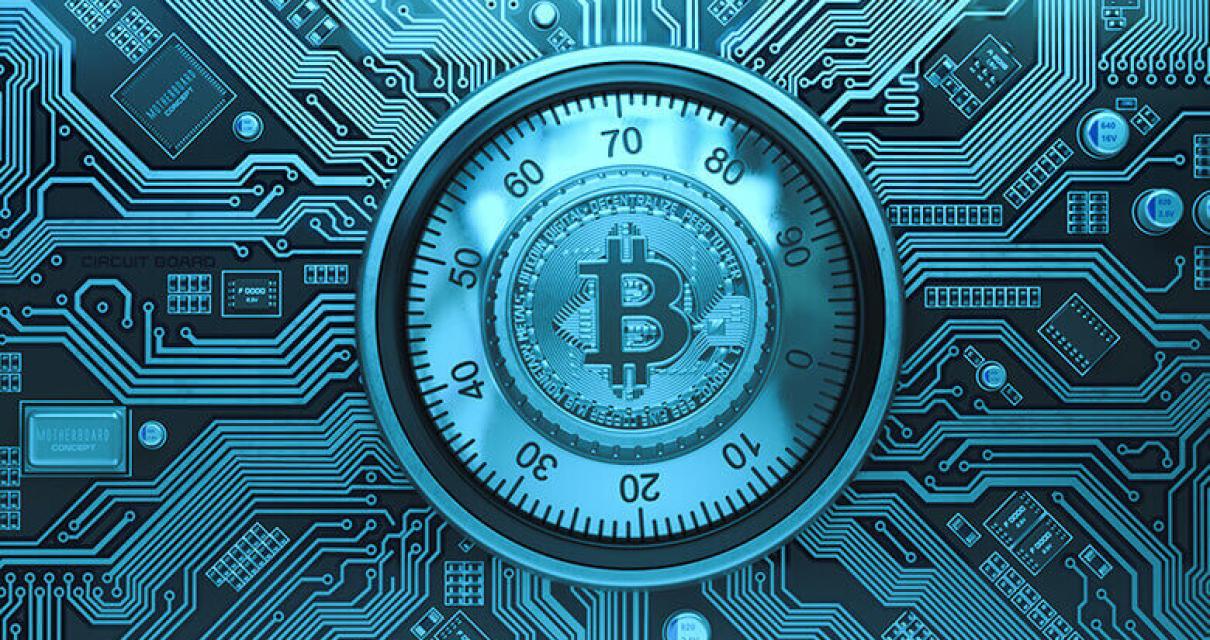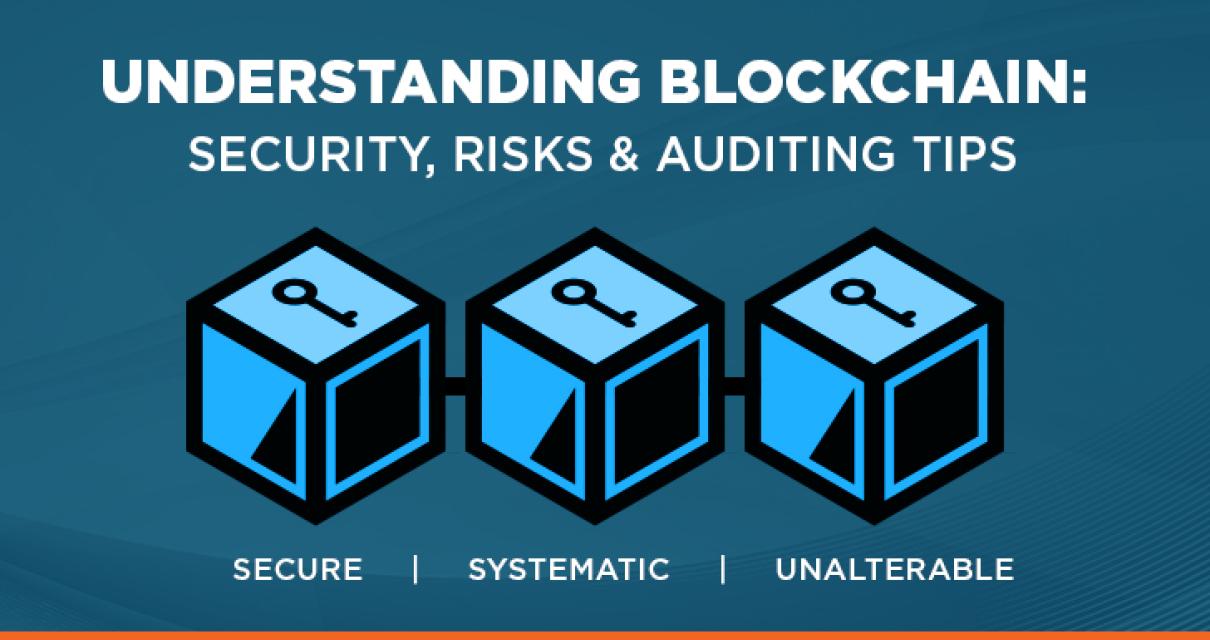How blockchain is shaking up the security industry
Blockchain technology is shaking up the security industry by providing a tamper-proof and secure way for businesses to record and track transactions. By using blockchain, businesses can reduce the risk of fraud, theft, and other cyberattacks.
Blockchain also allows businesses to create a “digital ledger” of all transactions that is visible to everyone involved in the transaction. This makes it difficult for hackers to tamper with records or steal information.
The potential benefits of using blockchain to secure business data are clear. But how does blockchain work? And how will it impact the security industry? In this article, we’ll explore these questions and more.
What is blockchain?
At its core, blockchain is a digital ledger of all transactions that is distributed among a network of computers. Transactions are added to the ledger one at a time, and each node in the network confirms the accuracy of the transaction.
This process creates a tamper-proof record of all transactions that can be verified by anyone in the network. Because blockchain is decentralized, it’s difficult for hackers to tamper with records or steal information.
How does blockchain impact the security industry?
One of the most important benefits of using blockchain technology is its ability to secure business data. By recording transactions on a blockchain, businesses can reduce the risk of fraud, theft, and other cyberattacks.
For example, consider a company that sells high-value items online. If hackers were able to steal customer data, they could use that information to steal products from other customers.
By using blockchain, the company can track customer transactions and ensure that only authorized individuals have access to the data. This reduces the risk of theft and fraud, and protects the company’s reputation and bottom line.
In addition to protecting data, blockchain can also help businesses manage transactions more efficiently. For example, a business may use blockchain to track the transfer of goods from one supplier to another.
This process can be time-consuming and cumbersome, but using blockchain makes it easier for businesses to track the status of transactions and ensure accuracy.
What are some other benefits of using blockchain technology?
There are many other benefits of using blockchain technology. For example, blockchain can help businesses reduce costs associated with traditional systems such as accounting and shipping.
By using blockchain, businesses can reduce the need for third-party verification, saving both time and money. This is especially important in industries where verification is time-consuming or expensive, such as banking and healthcare.
In addition, blockchain technology can help businesses improve transparency and trust between parties involved in a transaction. For example, a company may use blockchain to track the origin of food products.
This process helps consumers know where their food comes from and increases trust in the food supply chain. As more businesses adopt blockchain technology, it will become an even more important tool for protecting data and improving trust in the overall system.
How blockchain can help secure your data
Blockchain technology can help secure your data by creating a tamper-proof ledger of all the data transactions. This ledger can be used to track who has access to your data and when they accessed it. This information can help protect your data from being stolen or tampered with.

The security benefits of blockchain technology
The security benefits of blockchain technology are many. Blockchain is a distributed database that maintains a continuously growing list of verified transactions. Each block contains a cryptographic hash of the previous block, a timestamp, and transaction data. Bitcoin, the first and most well-known example of a blockchain-based currency, uses this model to maintain a public ledger of all bitcoin transactions.
Bitcoin’s security model relies on cryptography to protect the ledger from tampering. Bitcoin users must solve a cryptographic puzzle to unlock a bitcoin wallet, and then use that wallet to send or receive bitcoins. This process is difficult but not impossible to tamper with. Bitcoin’s security model also relies on the fact that there is a limited number of bitcoins in existence, and that they will eventually be exhausted.
Blockchain technology has other security benefits as well. For example, it allows for tamper-proof recordkeeping and Smart Contracts, which are contracts that are automatically executed when certain conditions are met. These contracts can prevent fraudulent transactions, protect intellectual property, and automate transactions between parties.
Why blockchain is the future of data security
Blockchain technology has the potential to revolutionize data security. By creating a decentralized network of tamper-proof records, blockchain can help protect data from being stolen or hacked.
In addition, blockchain can also help prevent data from being tampered with or altered. This is because blockchain is a secure system that is difficult to hack.
Overall, blockchain technology has the potential to improve data security by creating a more secure and tamper-proof system.

How blockchain is changing the security landscape
One of the most significant benefits of blockchain technology is that it creates a secure, tamper-proof record of transactions. This makes it difficult for hackers to steal or tamper with data, which can lead to increased security and safety for users. Additionally, blockchain technology can help reduce the number of fraudulent transactions, which can help protect consumers and businesses from fraud.
The advantages of using blockchain for security
There are several advantages of using blockchain technology for security. First, blockchain is tamper-proof. Because each block contains a cryptographic hash of the previous block, tampering with a block would require altering all of the blocks following it. This makes it difficult for someone to edit or delete information without being noticed.
Second, blockchain is decentralized. This means that there is no central point of control where information can be altered or destroyed. This makes it difficult for hackers to attack and steal information.
Third, blockchain is transparent. Each node in a blockchain network stores the same information, making it easy for people to see how information is being used and shared. This makes it difficult for people to hide information or make unauthorized changes.
Finally, blockchain is immutable. This means that once a block has been added to the blockchain, it cannot be changed or deleted. This makes it difficult for people to tamper with information or make unauthorized changes.
The potential of blockchain technology for security
is immense.
Blockchain technology is a distributed ledger that allows for secure, transparent and tamper-proof transactions. Transactions can be verified by multiple parties and are therefore more reliable than traditional methods of transactions. This makes blockchain technology a potential solution for security issues, such as fraud and cybercrime.
A blockchain is a continuously growing list of records, called blocks, which are linked and secured using cryptography. Each block contains a cryptographic hash of the previous block, a timestamp and transaction data. Bitcoin, the first and most well-known application of blockchain technology, uses this data to create a continuous, unbroken chain of record that can be verified by anyone.
The potential uses for blockchain technology are endless, but some of the most promising include:
1. Secure voting systems: A blockchain could be used to create a secure voting system that is tamper-proof and transparent. This could be particularly useful in areas where elections are susceptible to fraud or manipulation.
2. Trusted contracts: A blockchain could be used to create a trusted contract system. This system would allow businesses to securely execute agreements without the need for a third party.
3. Decentralized applications: A blockchain could be used to create decentralized applications. This would allow businesses to operate without the need for a central authority.
4. Identity management: Blockchain technology could be used to manage user identities and passwords. This would allow users to control their data and identity information.
5. Payments: Blockchain technology could be used to make payments more secure and efficient. This could be particularly useful in areas where traditional payment methods are vulnerable to fraud or theft.

How blockchain might improve security in the future
One potential benefit of blockchain technology is that it could improve security. By creating a tamper-proof record of transactions, blockchain could make it harder for hackers to steal or tamper with data. Additionally, because blockchain is decentralized, it would be difficult for any one party to control or disrupt the network. These features could help protect against cyberattacks and other types of data breaches.
The benefits of using blockchain for data security
There are many benefits to using blockchain technology for data security. These benefits include the following:
1. Blockchain is a tamper-proof ledger that can be used to store data securely.
2. Blockchain technology is decentralized, meaning that it is not subject to the control of any single entity. This makes it difficult for hackers to access and steal data from the blockchain ledger.
3. Because blockchain is decentralized, it is impossible for one party to change or tamper with the data stored on the blockchain. This makes it an ideal platform for storing sensitive data, such as medical records or financial records.
4. Since blockchain is a tamper-proof platform, it can be used to verify the accuracy of data entries. This helps to prevent fraud and ensure that data is accurate and reliable.
5. Finally, blockchain technology can be used to create a system of trust between different parties. This allows for the sharing of data between parties without the need for third-party verification or approval. This can help to reduce the risk of data theft and fraud.
How blockchain can help to secure your information
Blockchain technology can help to secure your information by creating a tamper-proof record of all data transactions. This technology allows you to track the movement of your data, and to make sure that it is not tampered with. This system can also help to prevent unauthorized access to your information.
Using blockchain to improve security
One way in which blockchain could be used to improve security is by making it more difficult for hackers to access data. By encrypting data using blockchain, it becomes considerably more difficult for hackers to steal or manipulate data. Additionally, by allowing users to share data only if they are verified as legitimate, blockchain could help to ensure that data is not tampered with or falsified.